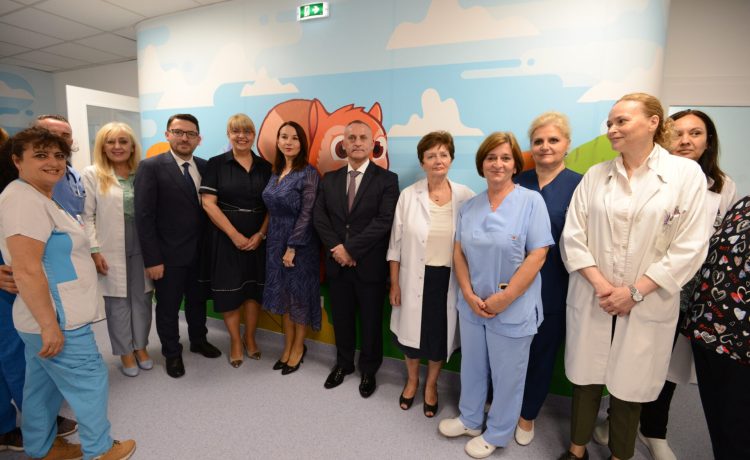maresiliencycenter.org – The healthcare system in North Macedonia has undergone significant transformations over the years, reflecting both notable advancements and persistent challenges. This article explores the current state of the healthcare system, focusing on the progress made towards Universal Health Coverage (UHC), the challenges it faces, and the reforms aimed at strengthening the system.
Advances in Healthcare
North Macedonia has made considerable progress in improving healthcare services and outcomes. Life expectancy has increased, reflecting better health management and access to medical care. In 2016, the average life expectancy was 74 years for men and 78 years for women, indicating a positive trend in health outcomes.
The country has also focused on reforms to enhance primary healthcare (PHC), which is crucial for ensuring accessible and quality care to the population. PHC reforms have allowed general practitioners to prescribe medications, which is a significant step towards improving healthcare accessibility.
Moreover, the government has prioritized strengthening the health system, which includes investments in infrastructure and technology to modernize healthcare facilities and improve service delivery.
Challenges in Healthcare
Despite these advancements, the healthcare system in North Macedonia faces several challenges that hinder its effectiveness and accessibility. One of the primary issues is the shortage of healthcare facilities and medical personnel. This shortage is compounded by outdated medical equipment and technologies, which limit the quality of care provided.
Financial constraints also pose a significant challenge, affecting the sustainability and coverage of healthcare services. The National Health Strategy 2021-2030 outlines the need for improvements in both service coverage and financial protection to ensure that all citizens have access to necessary healthcare services.
Additionally, the COVID-19 pandemic has exacerbated existing vulnerabilities in the healthcare system, particularly in terms of capacity and infrastructure, highlighting the need for further reforms and investments.
Reforms and Future Directions
To address these challenges, the government and international organizations have been working on various reforms and initiatives. The World Health Organization (WHO) has been involved in efforts to advance health equity in North Macedonia through data and research, which is essential for informed policy-making and resource allocation.
Furthermore, the focus on strengthening primary healthcare is expected to continue, with ongoing reforms aimed at improving the quality and accessibility of PHC services. These reforms are crucial for ensuring that the healthcare system is robust and capable of meeting the needs of the population.
In conclusion, while North Macedonia has made significant strides in improving its healthcare system, there are still substantial challenges that need to be addressed. The ongoing reforms and investments in healthcare infrastructure and personnel are essential for achieving Universal Health Coverage and ensuring that all citizens have access to quality healthcare services.

